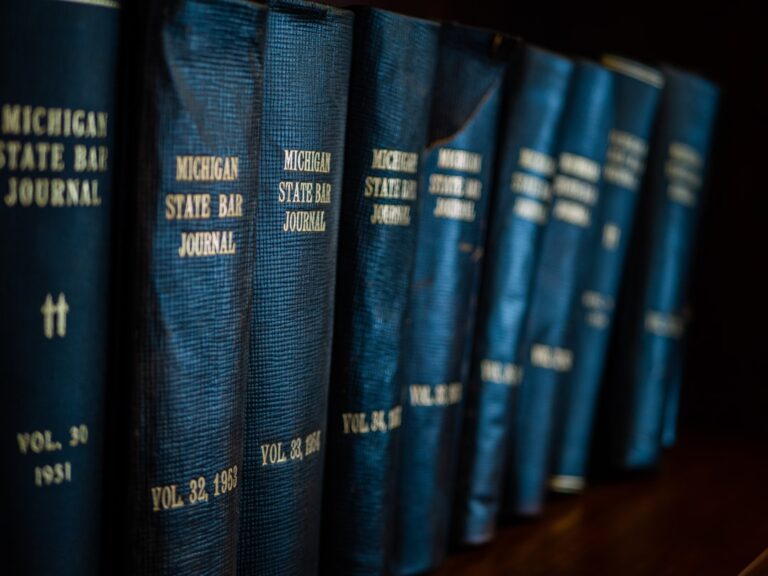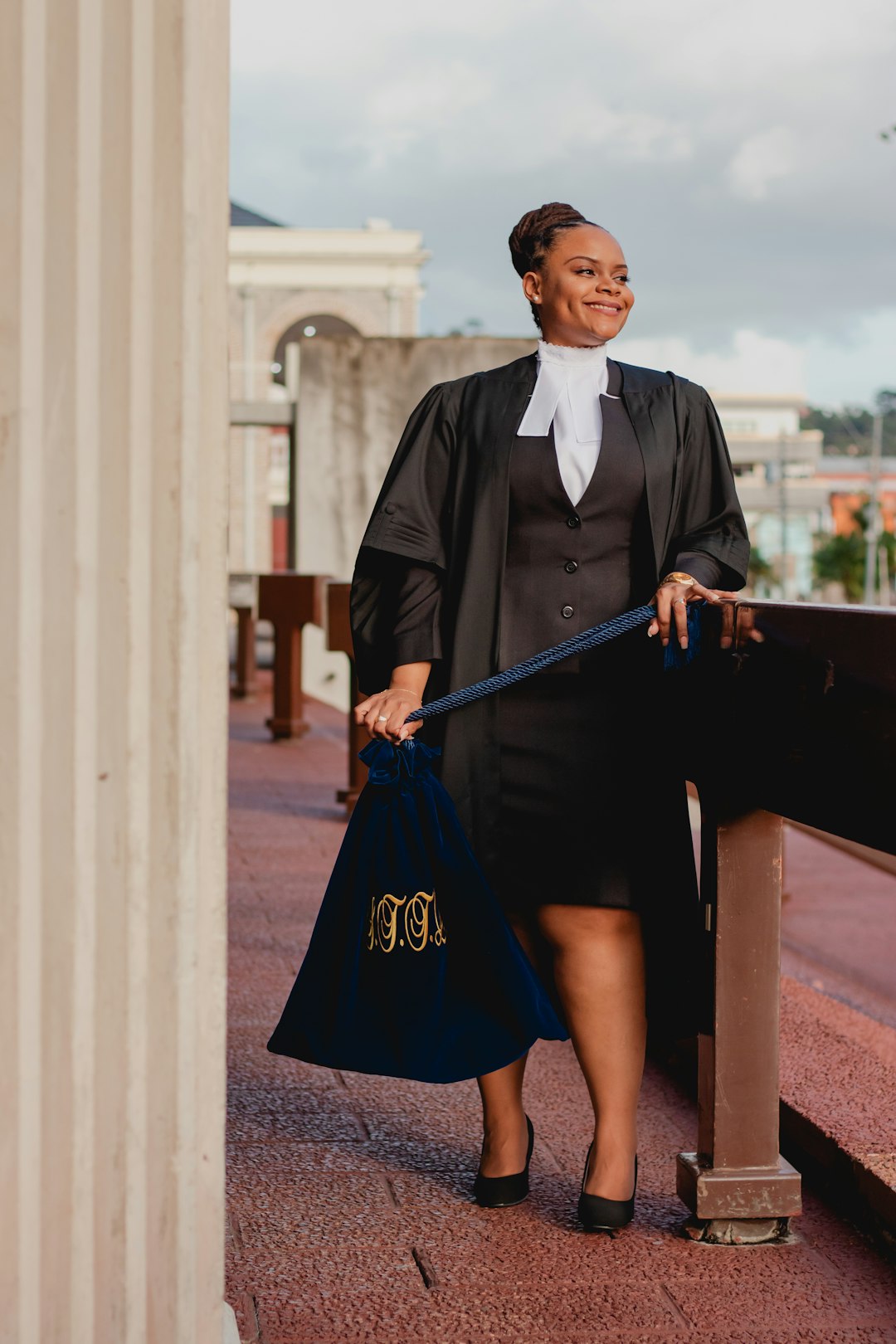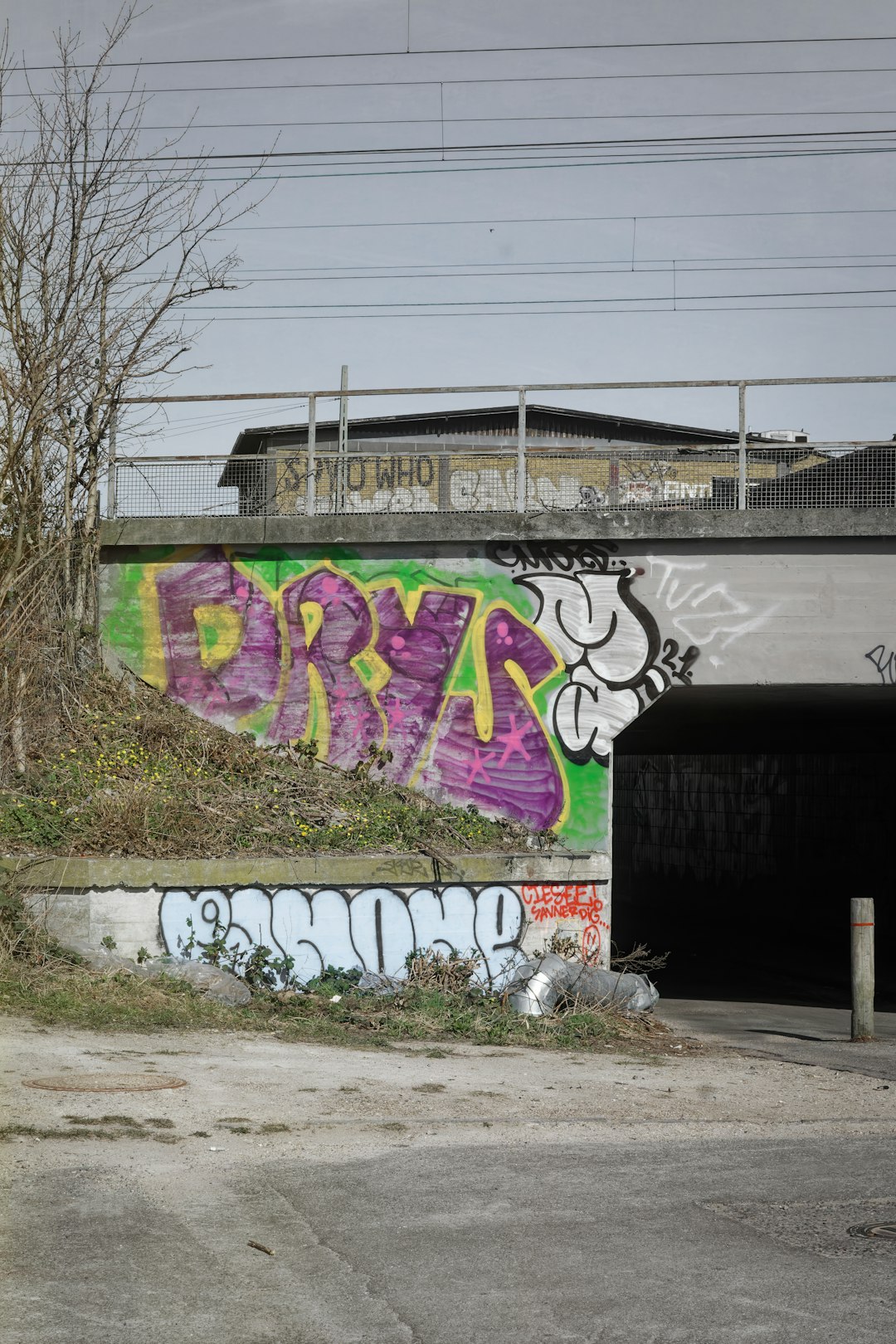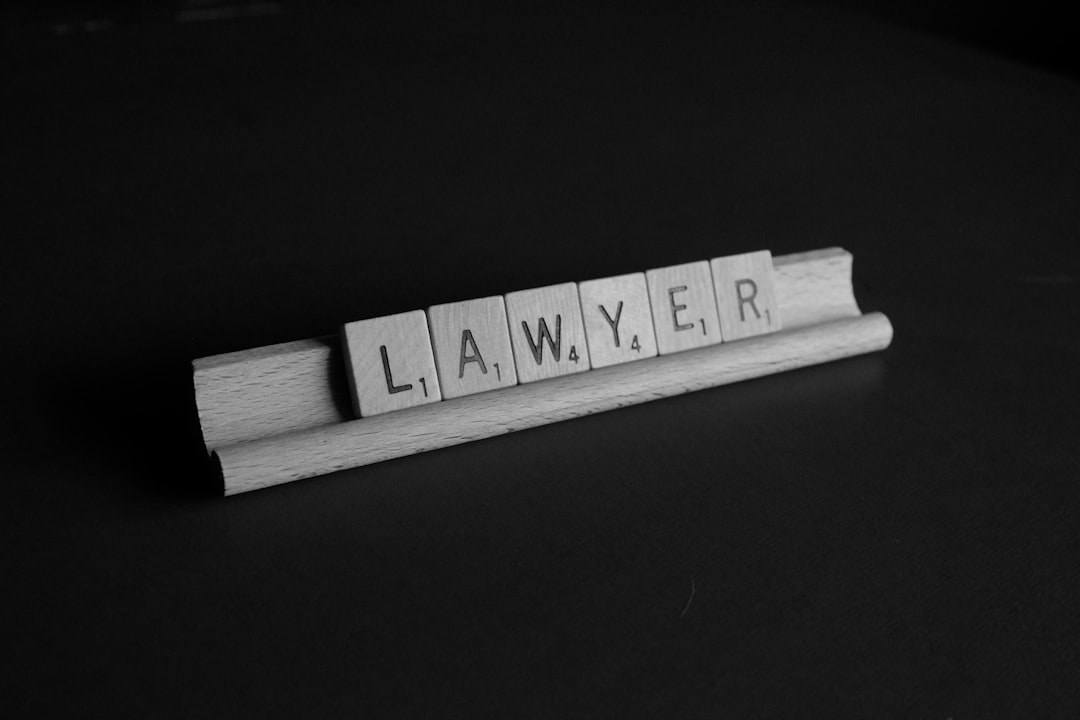Sexual harassment and assault during outdoor education in Colorado are addressed through stringent laws, legal support from sexual assault lawyers, staff training, clear policies, and proactive measures. Robust reporting systems, workshops, and awareness campaigns foster respect, consent, and accountability, deterring and managing potential incidents. Survivors receive vital support, including counseling and legal aid from sexual assault lawyers, while perpetrators face disciplinary actions after thorough investigations. Regular training promotes a preventive culture for safer environments.
In Colorado, outdoor education programs offer unique opportunities for personal growth, but they must also prioritize student safety from sexual harassment and assault. This comprehensive guide explores these pressing issues, delving into the legal framework protecting students, strategies for prevention in outdoor settings, support systems for survivors, and accountability measures. Understanding and addressing sexual harassment is crucial for fostering a safe and inclusive environment for all participants, and this article serves as a valuable resource for educators and concerned individuals alike, including those seeking assistance from a sexual assault lawyer in Colorado.
Understanding Sexual Harassment in Outdoor Settings

Sexual harassment, including assault, can take many forms in outdoor education programs, from inappropriate comments and jokes to unwanted physical contact. It’s crucial to recognize that these incidents can occur in any environment, not just confined spaces like classrooms. Outdoor settings may present unique challenges due to the remote nature of the location and potential power imbalances between students and instructors.
In Colorado, where natural beauty attracts both residents and visitors alike, understanding and preventing sexual harassment are paramount. A sexual assault lawyer Colorado residents trust can provide guidance on legal protections and support for victims. By fostering an environment that promotes respect, consent, and accountability, outdoor education programs can ensure student safety and create a positive learning experience for all participants.
Legal Framework: Colorado's Laws and Protections

Colorado has stringent laws in place to combat sexual harassment, including in outdoor education programs. The state’s legal framework provides robust protections for students, with strict penalties for offenders. Any form of unwanted sexual conduct or advances made by instructors or peers can be considered sexual harassment and is illegal under Colorado law. This includes non-consensual physical contact, explicit comments, or any behavior that creates a hostile environment.
If a student experiences or witnesses such incidents, they have legal recourse. A sexual assault lawyer in Colorado can guide victims through the process of reporting these crimes and navigating the legal system. The state offers various resources for support and justice, ensuring that students attending outdoor education programs are safe from sexual harassment.
Identifying and Preventing Assault in Educational Programs

Identifying and preventing sexual assault within outdoor education programs is a multifaceted task that requires vigilance, training, and clear policies. Educators in Colorado must be attuned to behavioral changes or signs of distress among students, as these could indicate potential risks. A proactive approach involves implementing mandatory reporting procedures and encouraging open communication among staff, students, and parents. Regular workshops and awareness campaigns can educate participants about consent, personal boundaries, and the consequences of assault.
Having a strong reporting system in place is crucial, with clear protocols for documenting and addressing incidents promptly. Engaging the services of a sexual assault lawyer in Colorado can provide expertise in handling such cases discreetly while ensuring the rights of all parties are respected. By fostering an environment that prioritizes safety and respect, outdoor education programs can effectively deter and manage potential sexual harassment or assault.
Support Systems for Survivors and Accountability Measures

In the aftermath of an incident involving sexual harassment or assault, it’s crucial that outdoor education programs in Colorado have robust support systems in place for survivors. This includes access to counseling services, safe spaces where students can share their experiences without fear of judgment, and a network of trusted adults who can provide emotional and practical assistance. Many survivors need legal aid, which is why consulting with a sexual assault lawyer in Colorado is often recommended. These professionals can guide victims through the legal process, ensuring their rights are protected.
Holding perpetrators accountable is equally important. Effective accountability measures within these programs should include clear policies against harassment, prompt investigations into allegations, and appropriate disciplinary actions. Regular training sessions on consent, respect, and inclusive behavior for all staff and students can help create a culture of prevention. By combining support for survivors with strong accountability mechanisms, Colorado’s outdoor education programs can foster a safer environment for all participants.





